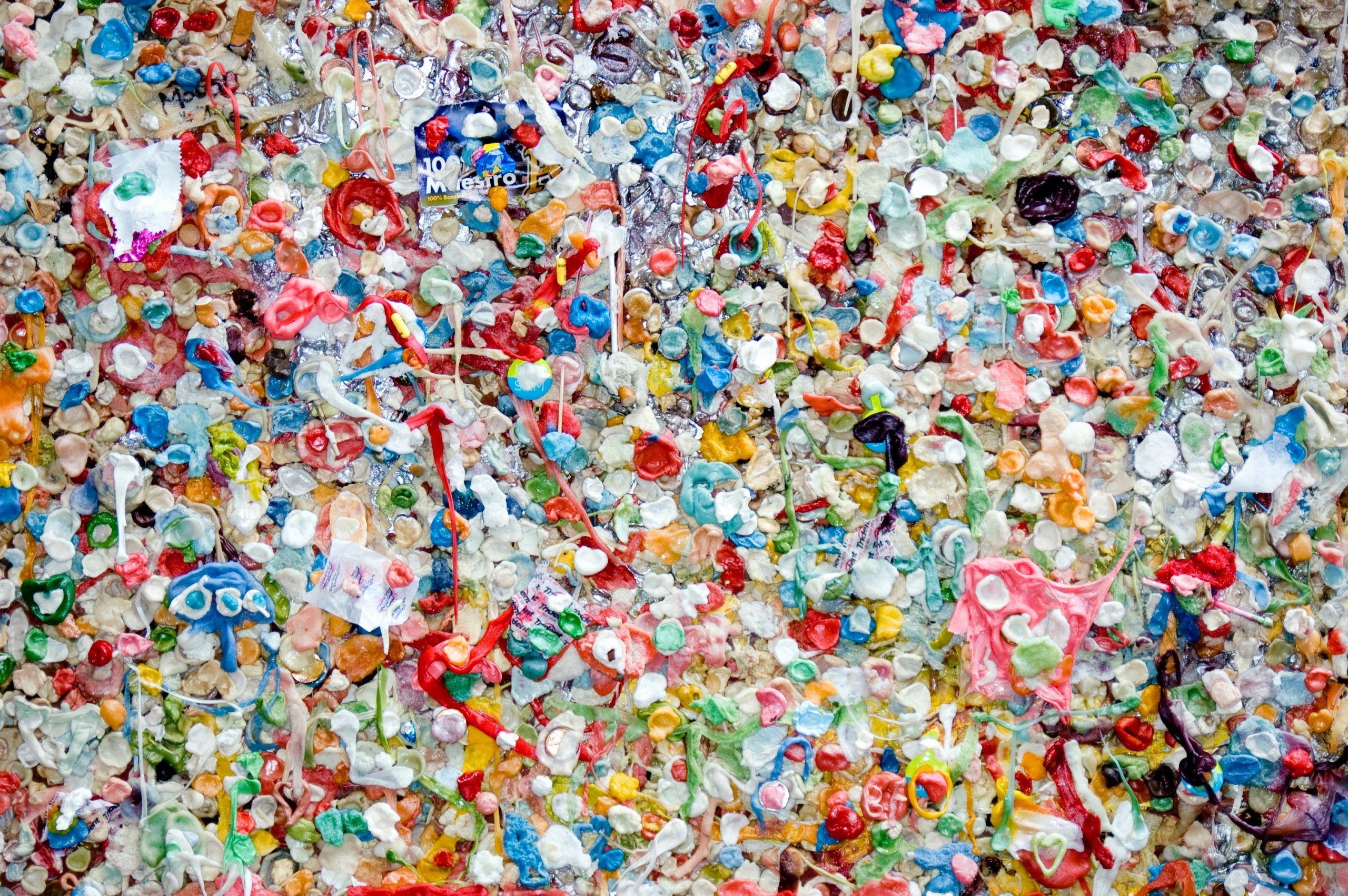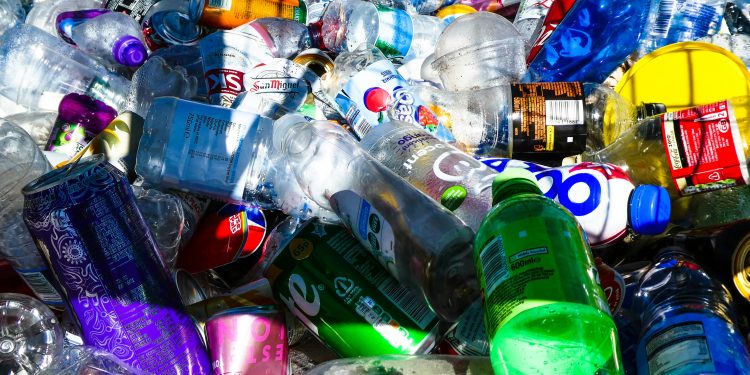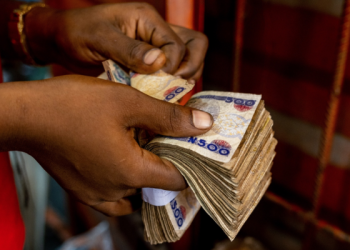Delegates have reconvened in Geneva for what was intended to be the final negotiation round for a global treaty to reduce plastic pollution. But hopes are dimming as oil producer pressure threatens the global plastics treaty, with countries like Saudi Arabia and Russia opposing key treaty provisions.
The sixth round of official negotiations began Tuesday, after a previous meeting in South Korea failed to reach a consensus. Discussions now face significant hurdles due to disagreements over limiting virgin plastic production — a process heavily tied to fossil fuels like petroleum, coal, and gas.
U.S. and Oil States Push Back on Key Provisions
The oil producer pressure threatening the global plastics treaty is visible in the approach of petrochemical-heavy states and the U.S. under the Trump administration. Instead of focusing on cutting plastic production, these countries are advocating for voluntary or national-level waste management solutions.

Delegates familiar with the negotiations revealed that Saudi Arabia and Russia are actively questioning provisions aimed at production limits. A source close to the talks said, “We are in a moment of revisionism, where even science is highly politicized.”
The United States has taken a firm stance on keeping the treaty’s focus downstream — targeting recycling and waste disposal, rather than reducing plastic output. The U.S. delegation insists that burdensome production restrictions would harm domestic businesses.
Developing Nations Call for Stronger Commitments
But many other nations disagree. Small island nations, heavily burdened by plastic waste washing up on their shores, are demanding urgent funding and stricter global regulations. Oil producer pressure threatening the global plastics treaty is particularly frustrating for these vulnerable countries.
“This is really our last best chance,” said Ilana Seid, Palau’s representative and chair of the Alliance of Small Island States. “As pollution grows, it deepens the burden for those who are least responsible and least able to adapt.”
Environmental experts have echoed these concerns. Dr. Melanie Bergmann of Germany’s Alfred Wegener Institute warned about the 16,000 chemicals in plastic, a quarter of which are hazardous to human health.
Industry Influence Risks Weakening Treaty Impact
Over 1,000 participants, including scientists, politicians, and petrochemical lobbyists are part of the Geneva negotiations. This has raised concerns about industry efforts to water down the treaty, shifting focus away from plastic production limits.
Jodie Roussell of Nestlé, part of a 300-company coalition backing the treaty, emphasized the importance of consistent global packaging regulations. But French lawmaker Philippe Bolo warned against settling for a weak agreement, saying the world cannot afford a treaty that centers only on waste disposal.
Oil producer pressure threatening the global plastics treaty may even force a divided path forward. Some countries are reportedly exploring a separate agreement among more ambitious states, if consensus fails.
Treaty at Risk Without Global Commitment
Inger Andersen, Executive Director of the United Nations Environment Programme, stressed the need for all countries to commit. “We’re not here to get something meaningless… you want something that is effective, that has everybody inside, and therefore everybody committed to it,” she said.
With global plastic production expected to triple by 2060, the stakes are high. And if oil producer pressure continues threatening the global plastics treaty, the world could lose a critical opportunity to confront the escalating crisis of plastic pollution.

















